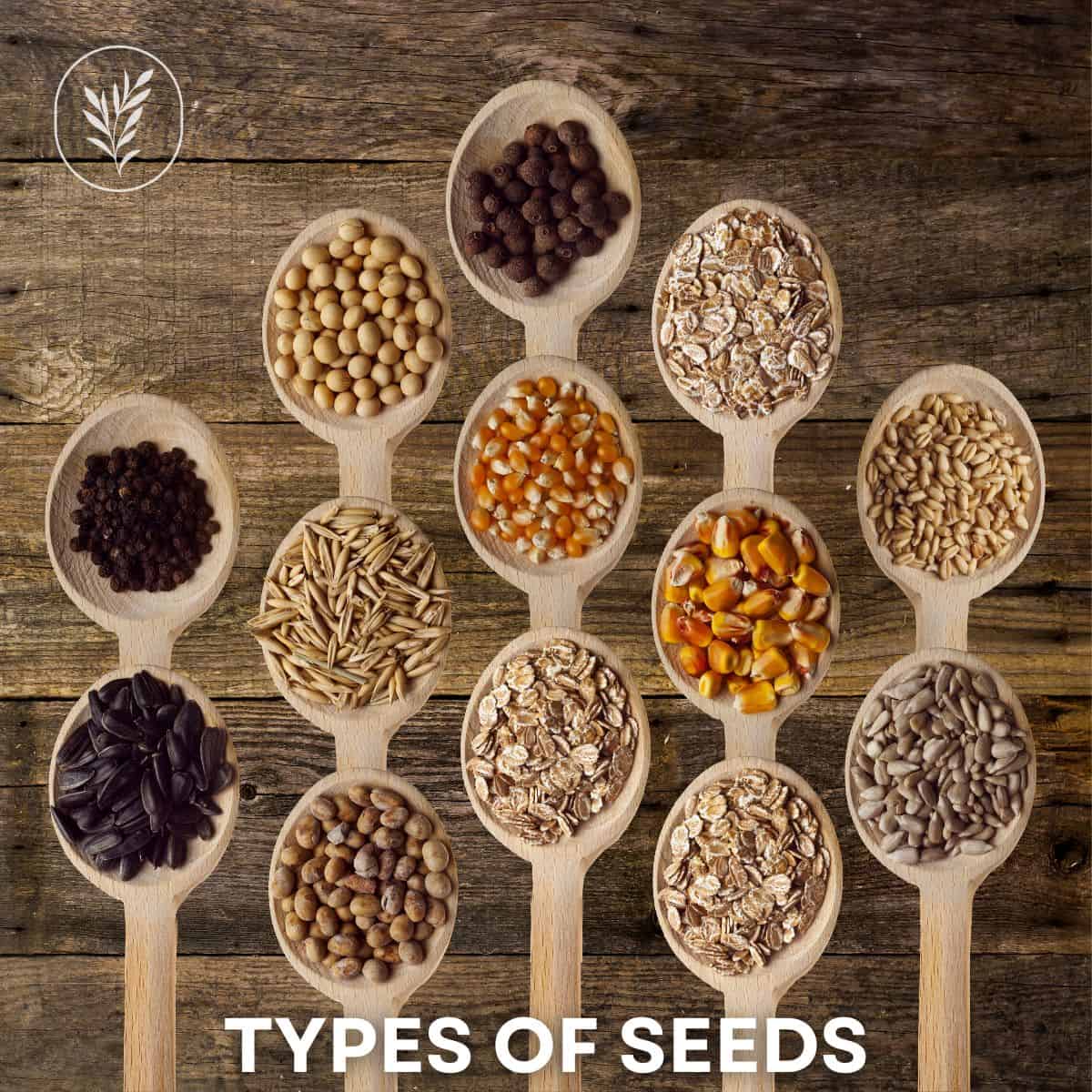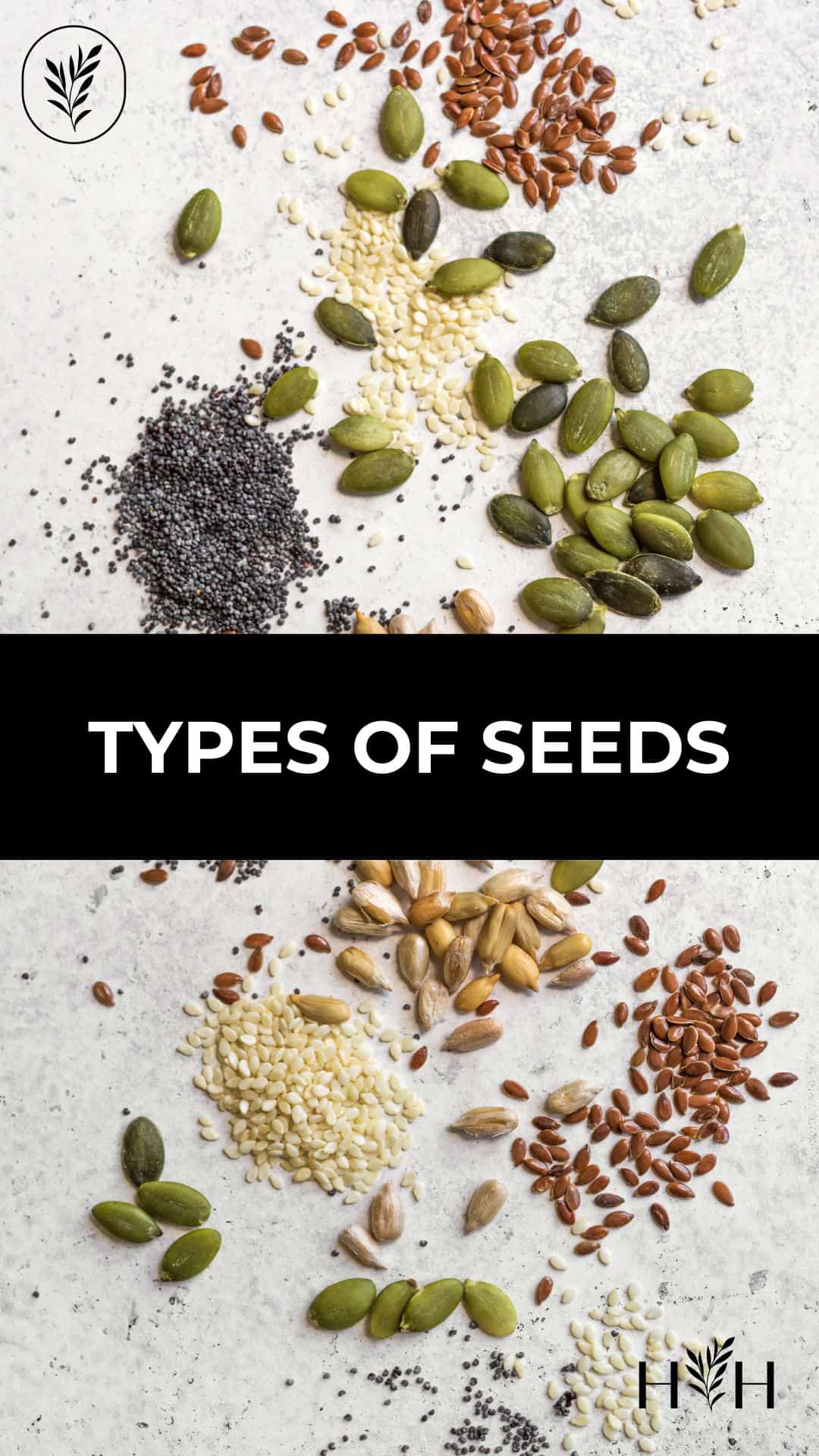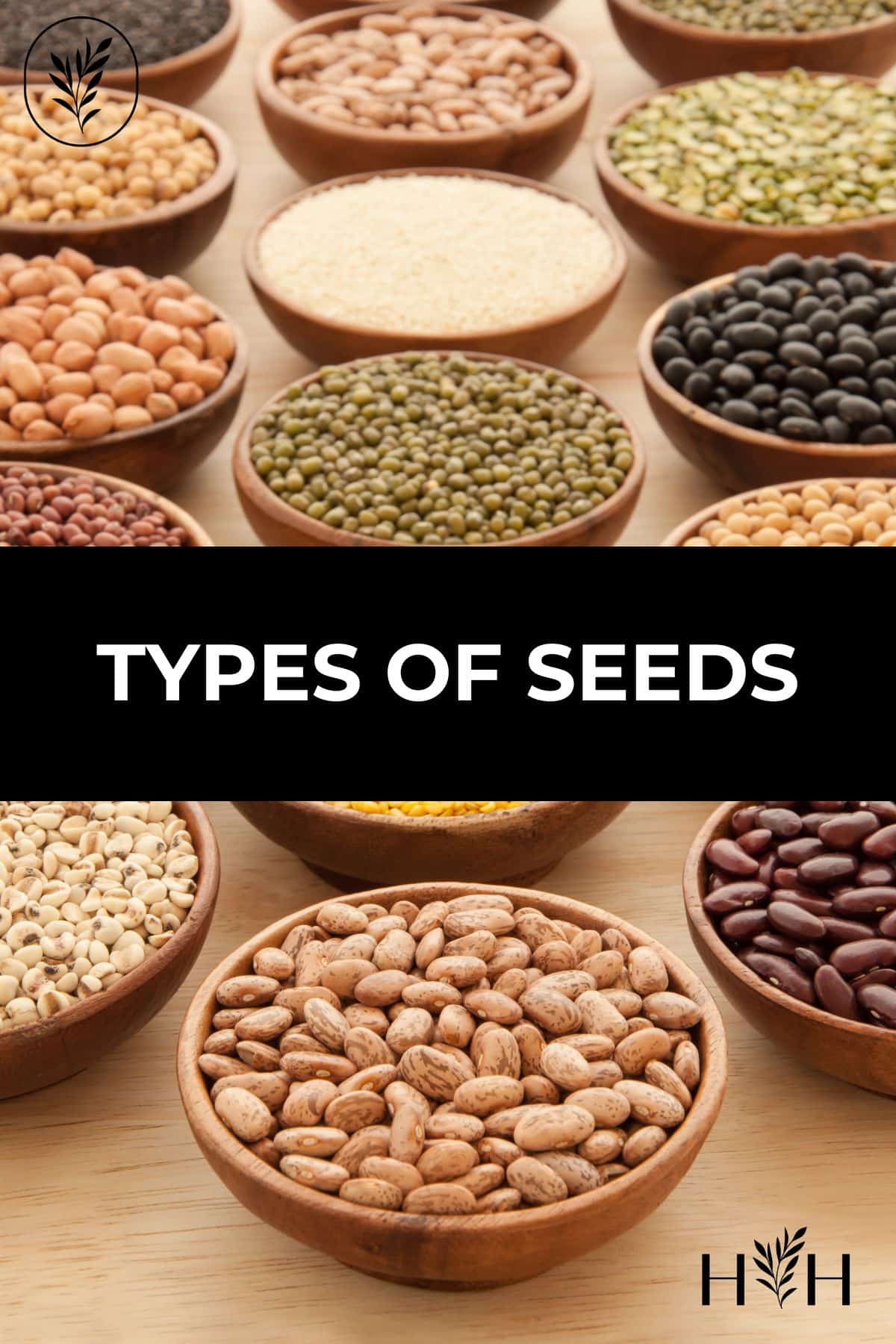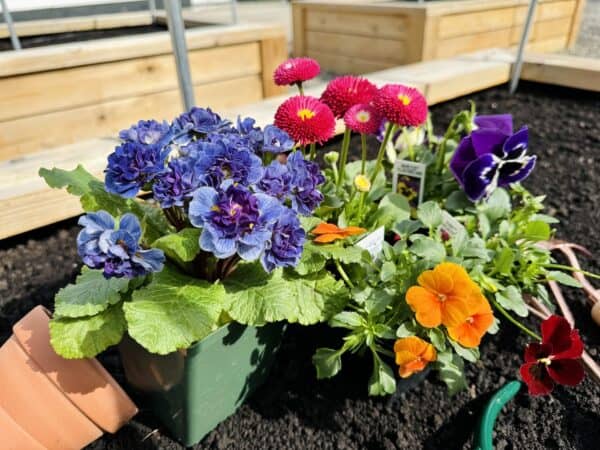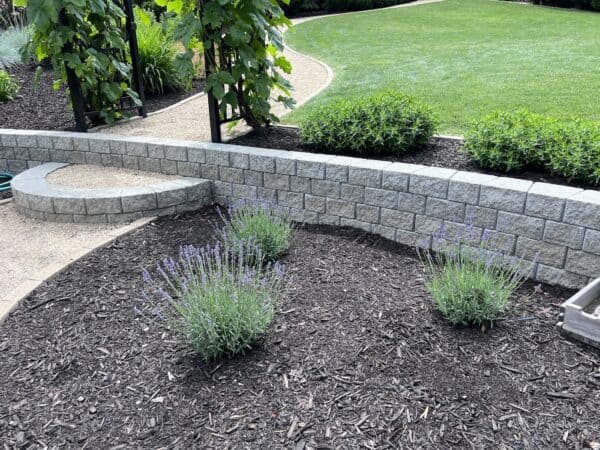There are many different types of seeds offered for sale to home gardeners. Vegetable seeds, flower seeds, and herb seeds sold in garden centers and online can carry many labels, including “Open-Pollinated”, “Heirloom”, “Organic”, “Hybrid”, and “Non-GMO”. Read on to learn all about the different types of seeds you can get for your garden.
Open-pollinated types of seeds
Open-pollinated types of seeds are pollinated naturally by birds, insects, wind, or other animals. Open-pollinated seeds will “breed true”, meaning they produce plants that are roughly identical to their parent seeds (as long as the parents are of the same variety).
Open-pollinated types of seeds are genetically diverse. This genetic variation helps plants adapt to local growing conditions over generations. Many organic gardeners prefer open-pollinated seeds.
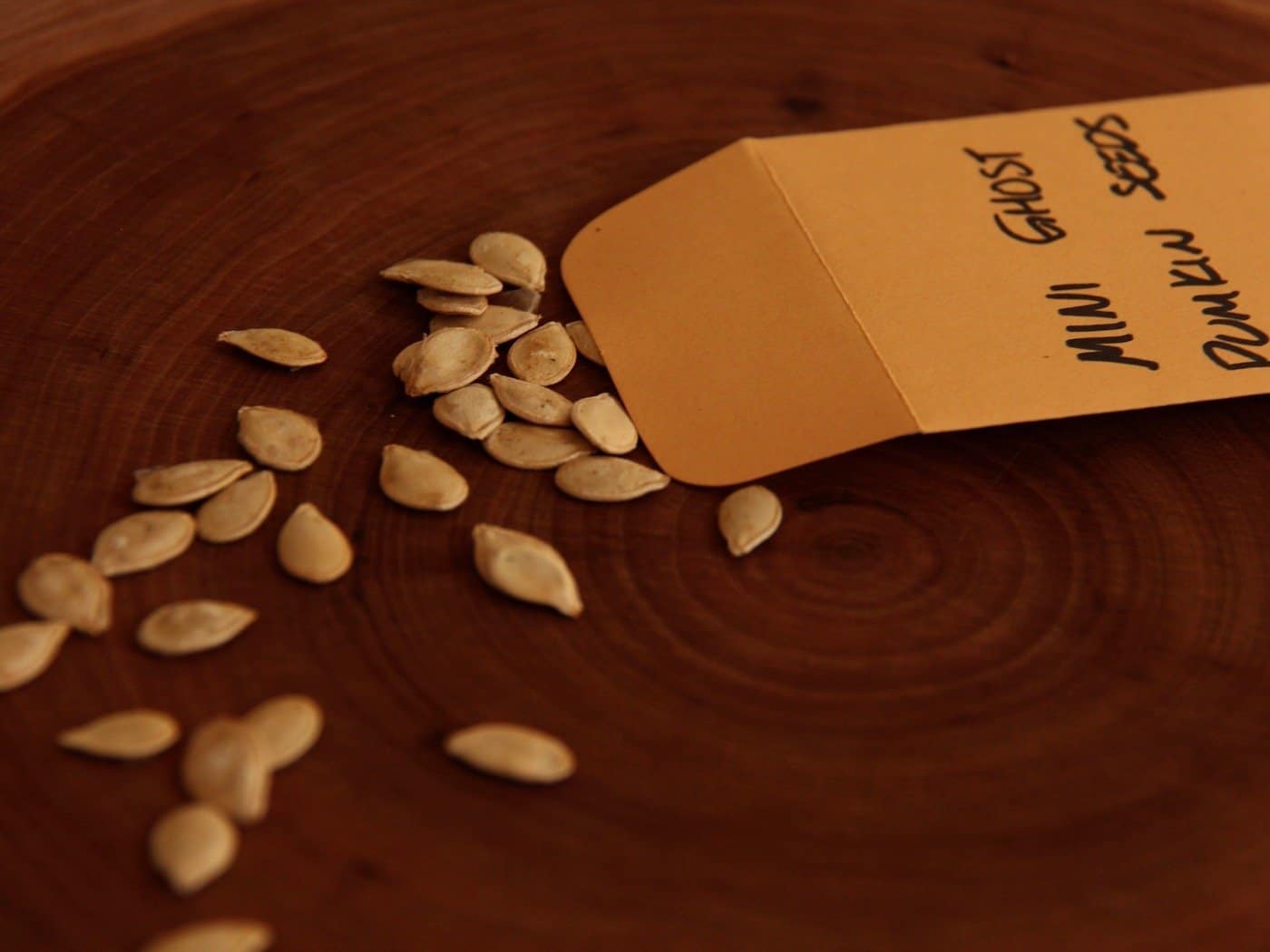
Heirloom-type seeds
Heirloom-type seeds are special kinds of open-pollinated seeds that have been passed down through generations. They contain a unique, historical variety of plants and are preserved in a tradition of generational sharing, similar to passing down jewelry.
All heirloom-type seeds are open-pollinated, but not all open-pollinated seeds are heirloom-type.
Saving and exchanging seeds with other growers is a traditional practice that has been happening for thousands of years. These heritage types of seeds have been saved by growers and passed down for generations. The seeds evolve over time, naturally adapting to the local climate. This natural adaptation makes heirloom seeds well-suited to organic gardening.
Certified organic seeds for the home garden
Organic seeds are grown with the same procedures and certifications used to produce certified organic food. Some organic gardeners trust and rely on organic certification, while others worry that not introducing “wild” seeds decreases genetic variety. As with all seeds for sale, choose a trusted seed seller and do your research on the variety offered (and customer reviews).
Wild-crafted and foraged types of seeds
Seeds collected from wild plants are often known as “wild-crafted” or “foraged” type seeds. These seeds are among the hardest to find for sale commercially. Some organic gardeners collect their own wild seeds, while others find them for sale at seed swaps or available from a local seed lending library.
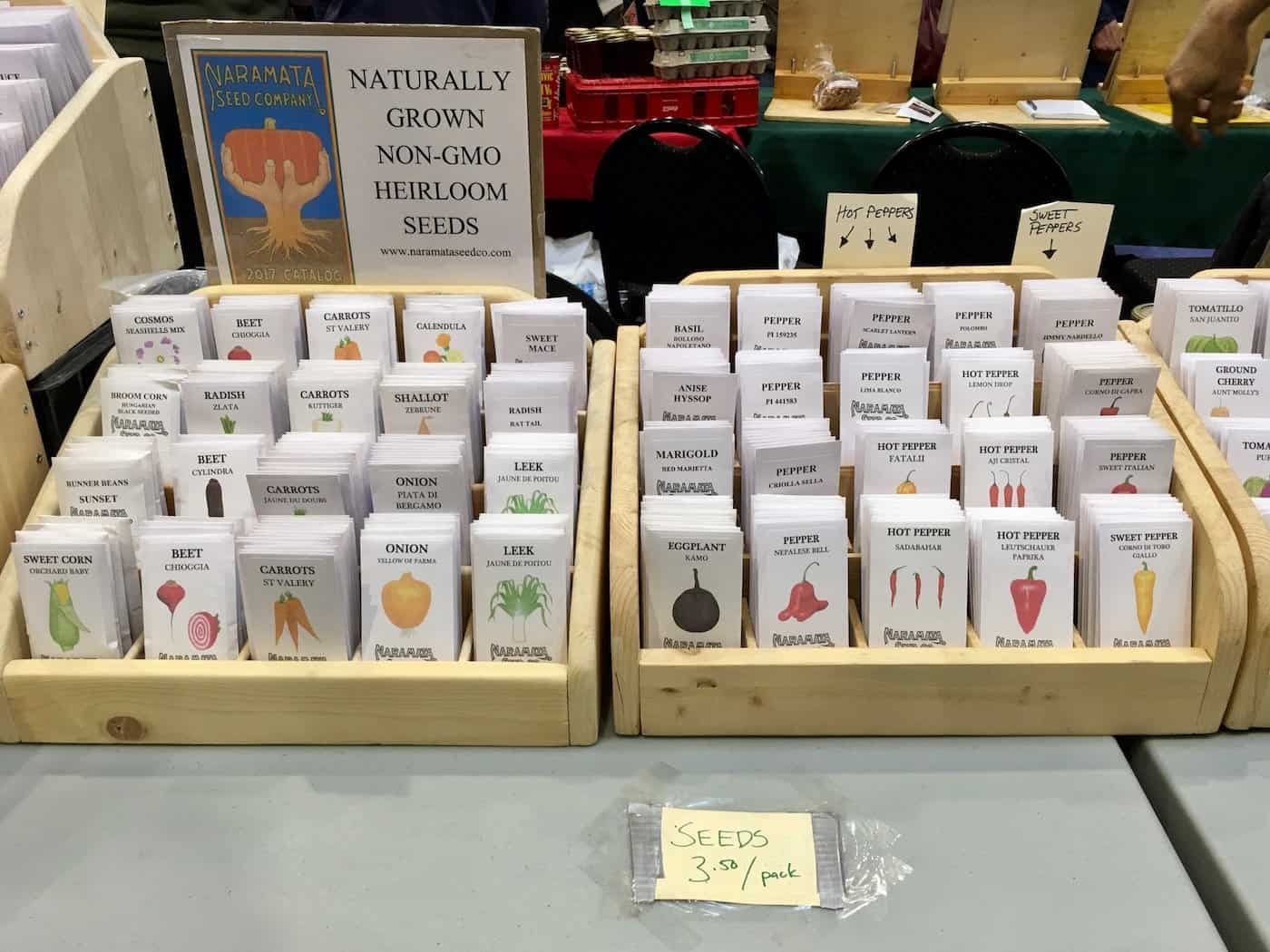
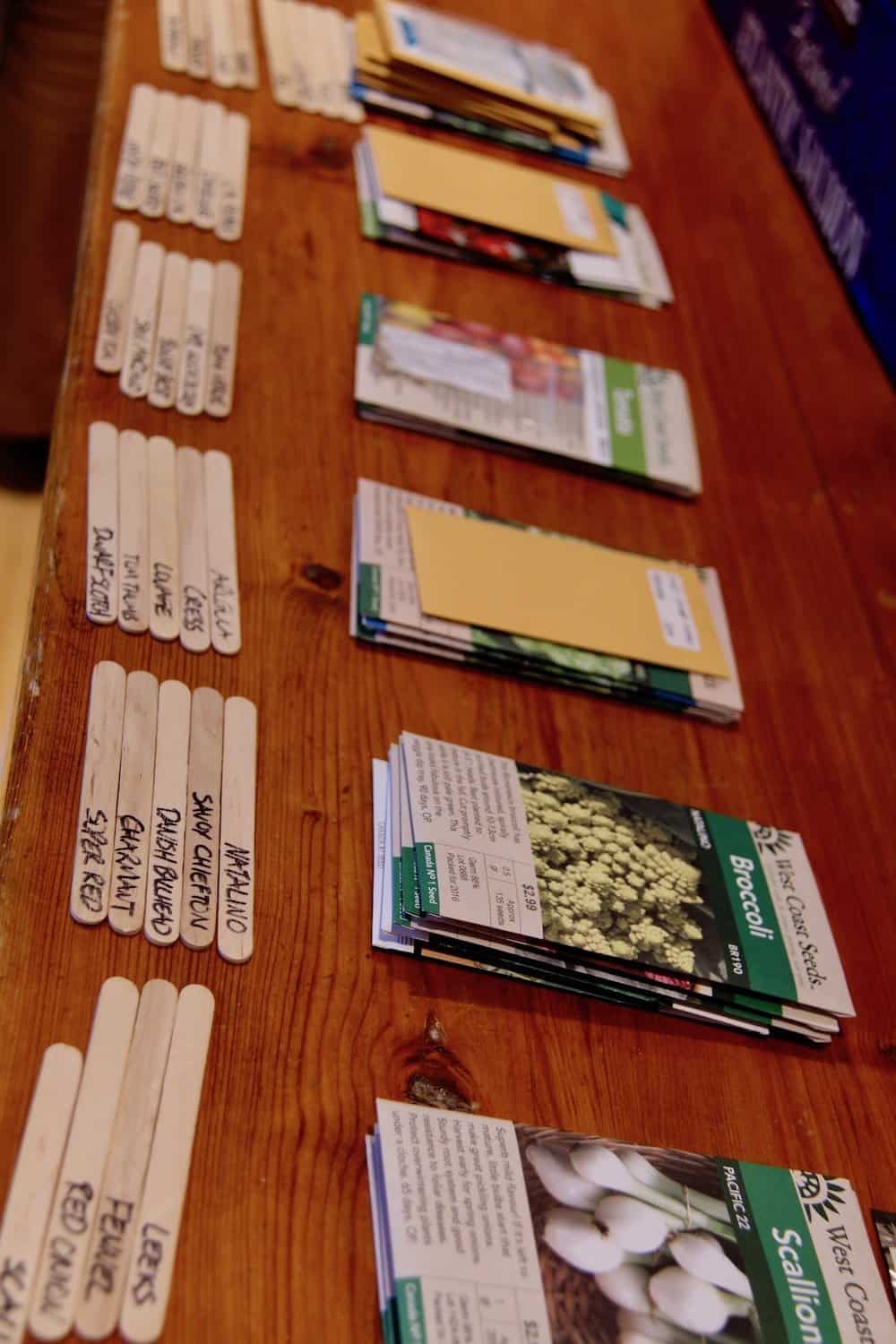
Hybrid types of seeds
Hybrid types of seeds are created when the pollen of a different species or variety pollinates one plant variety. Seeds that are hybrids can occur in nature without human intervention, but the hybrid seeds for sale in garden centers are the result of the traditional work of plant breeders. Traditional breeders work in fields and greenhouses to produce a hybrid plant that combines the best traits of each of the parent plants by naturally cross-pollinating them by hand.
Hybrid seeds do not produce identical offspring plants. Offspring plants will not be true-to-type to parent seeds and may also be less healthy. That being said, hybrid seeds can be stabilized into open-pollinated varieties by traditional selection and seed saving over generations of seeds. To continue to grow the same varieties, however, hybrid types of seeds must be re-purchased from the seed company every year.
Hybrid seeds are not genetically modified. GMO seeds are developed in laboratories whereas hybrid seeds are developed in fields or greenhouses. Hybrid seeds have been developed for centuries by growers and are considered safe for organic gardening. GMO seeds are a recent scientific development (see below).
Types of seeds: GMO seeds
Genetically modified organisms have been engineered in laboratories by scientists to have certain traits. This is a relatively new technology in plants, with the first GMO crops developed in the 1980s. In the case of seeds, many common seeds such, as corn and soybeans, have been designed to be resistant to broad-spectrum chemical plant herbicides. Roundup Ready Crops are likely the most infamous of these GMO plant varieties.
Altering the genes of a plant to resist chemical herbicides allows the grower to drench the crop in herbicides to destroy any weeds without harming the growth of the crop. Unfortunately, this has led to herbicide-resistant weeds and increased use of manufactured chemicals in our food. Doesn’t sound too tasty, does it? Relying on factory-produced chemicals to grow a few plants at home kind of defeats the point of having a home garden.
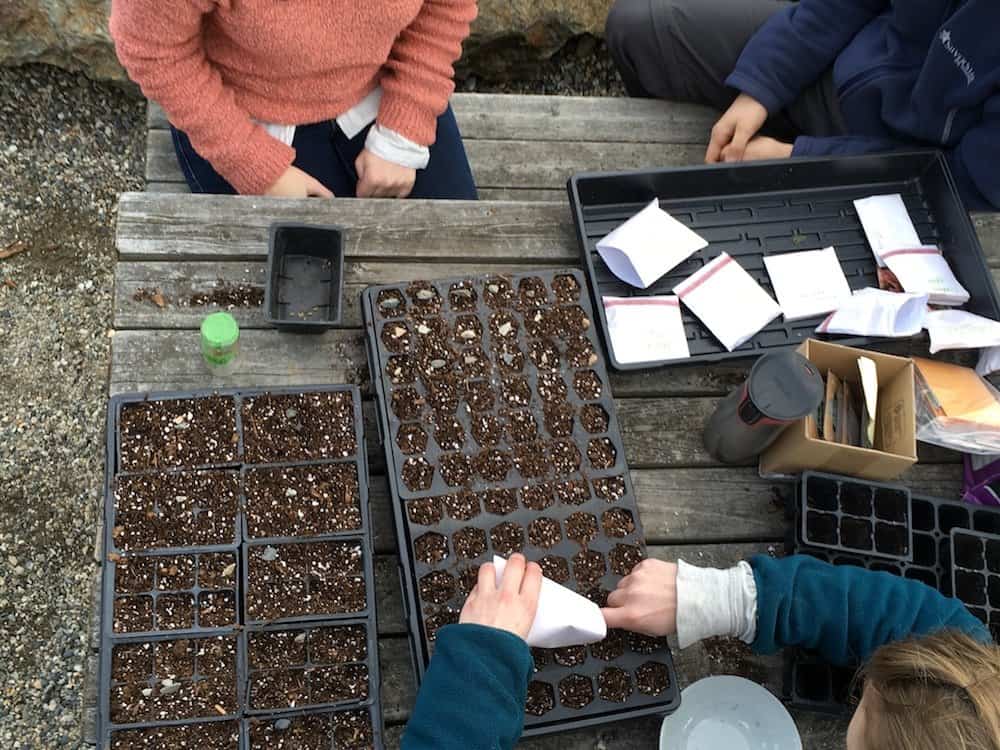
Connecting GMO seeds and chemical companies to home gardens
Fortunately, in most areas, it is unlikely that the average home gardener would come across GMO seeds to grow in their garden. Distribution of seeds is generally restricted by agricultural regulators and limited to industrial farmers. It is possible to find round-up ready seeds in classified ads or at agricultural supply stores, but they are marketed to industrial farmers rather than home gardeners.
It is much more likely that a home gardener would buy seeds produced by a company that also separately produces industrial GMO seeds and herbicides for use with them. For instance, Seminis Seeds is now owned by Monsanto, the makers of Round-Up and Round-Up Ready Crops. Seminis supplies select conventionally-bred non-GMO seeds to larger home gardening companies.
Nowadays, when corporate entities develop new crops, these plants are the intellectual property of the corporation that introduced them. Saving seeds and growing new plants from patented crops is considered patent infringement.
Treated types of seeds
Seeds of any type can also be treated with chemicals to prevent rot or to deter pests. Treated seeds often have a bright, colorful coating. I’ve seen treated seeds that look like they’ve been sprayed with red, blue, and/or green chemical coatings. Since I garden organically, I choose untreated seeds when possible.
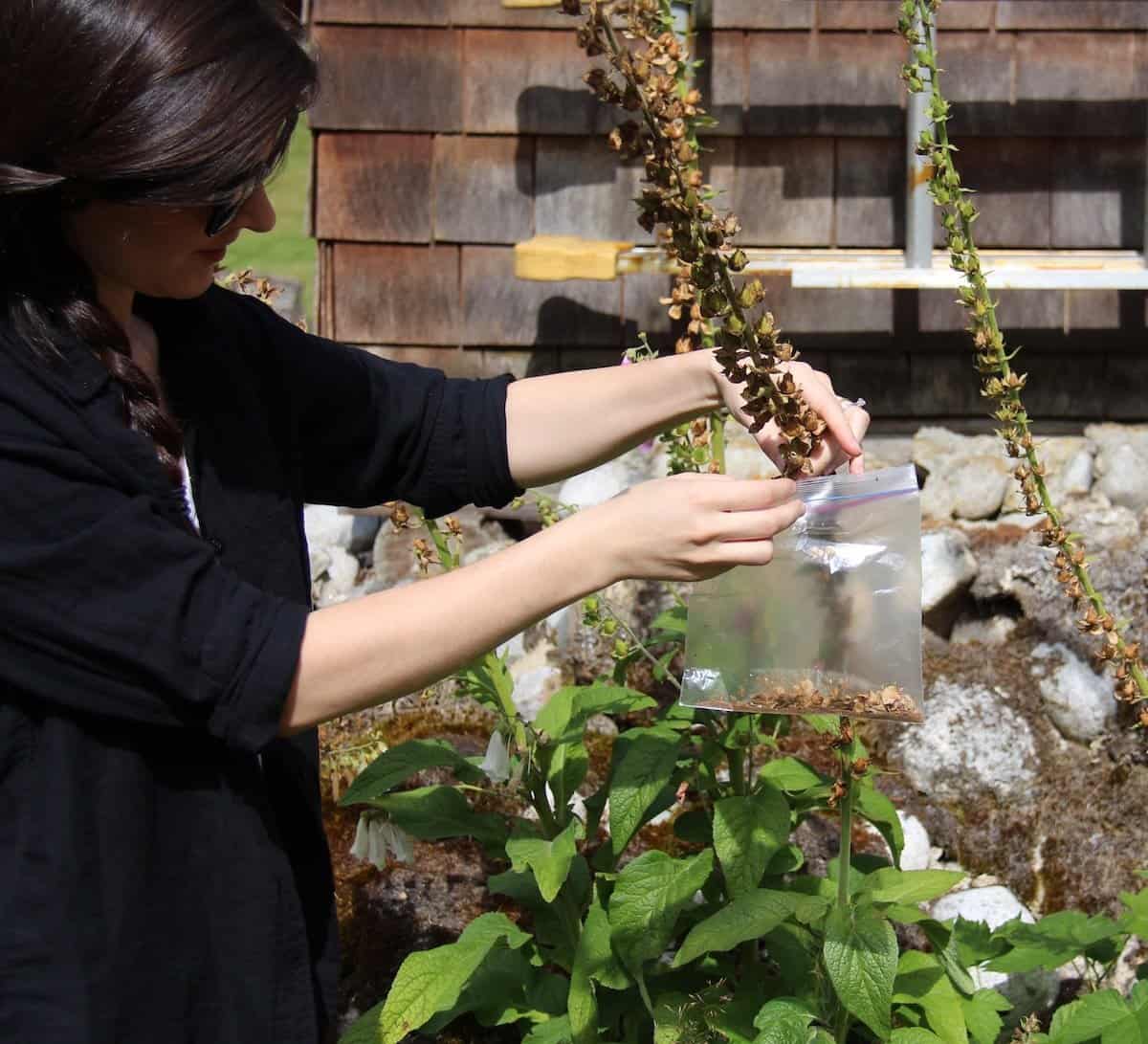
Choosing types of seeds for your home garden
Growing plants can be very rewarding and a great way to provide healthy, nutrient-rich food for you and your family. When it comes to choosing the right type of seeds for home gardening, there are some important factors to consider such as the cultivar, its yield potential, pest resistance, and more.


